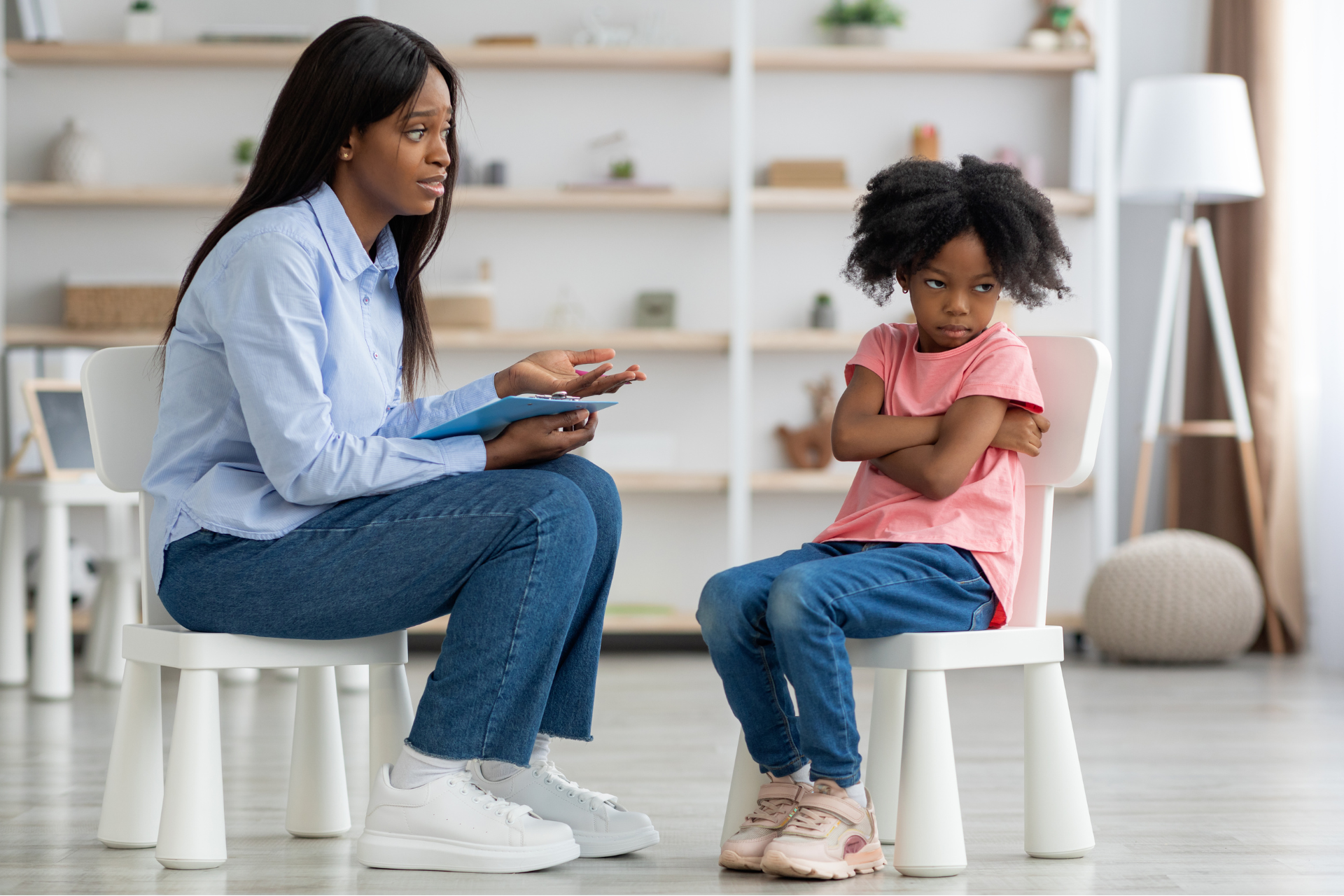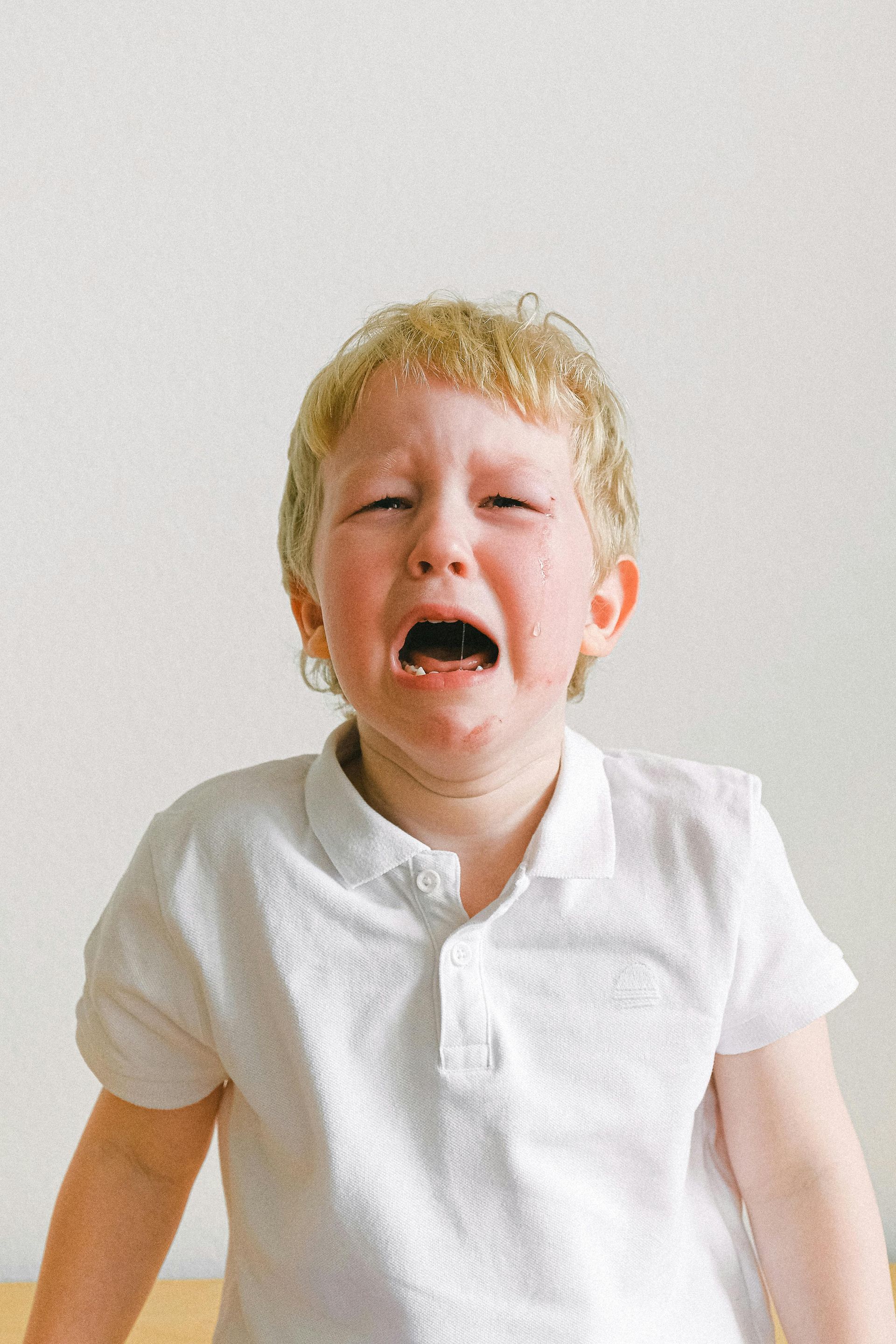End Tantrums, Meltdowns & Power Struggles

This is for parents who feel caught in an endless meltdowns, tantrums, or power struggles.
First, I want to start with the idea that your child’s big feelings are completely normal.
Aggression and anger are normal, and we don’t want to pathologize them, or pathologize your child for feeling them.
In fact, it can be helpful to see defiant behaviors and aggression as the beginnings of healthy assertiveness.
Your child NEEDS assertiveness. Assertiveness is HEALTHY.
Assertiveness makes us brave in the face of challenges. It’ makes us resilient in the face of setbacks. It makes us continue fighting injustices, instead of giving up.
So there’s nothing wrong with your child or their emotions. Anger and aggression are our life energy. They literally help us stay alive.
So the second mindset shift for you as a parent is to think of yourself as the calm pilot. Your child is a passenger on the plane, and the turbulence is your child’s big feelings.
But your child has never flown before.
So of course they get terrified and scream. And hit. Or run away. Or shut down.
Of course they are overwhelmed. Flying is completely new to them.
The big explosions are NOT a reflection of your worth as a pilot.
You are an AMAZING pilot. You are the EXACT pilot your child needs to fly your child to their destination.
We are not going to take anything our child does during--mean words, threats, aggression--personally.
Those things are NOT about you. They’re about the turbulence, and your child’s feelings of overwhelm.
The third mindset shift I’m going to ask you to entertain is that most aggression, tantrums and meltdowns are a result of children feeling powerless.
And humans HATE feeling powerless.
In fact, parents hate it too, which is often why we end up screaming, or threatening, or punishing when kids have big reactions.
So, can you make a commitment to help your child feel LESS POWERLESS?
Can you give more choices? Can you say yes more often? Can you be more flexible? Can you and your child be a team?
The less our kid feels powerless, the fewer meltdowns there will be and the easier our lives will become
OK, now let’s talk about what to actually do when your kid is having the tantrum or meltdown, or being aggressive.
Honestly, you simply need to stay calm, and eventually, with enough repetition and support, your child will figure out a better response. I promise.
In the meantime, here are 3 steps to get through your child’s meltdown or tantrum peacefully.
The steps are:
1.) Find your inner calm. (I like to remind myself, "This is not an emergency." "We will get through this.") Maybe take some breaths. Maybe stretch, wash your face, or drink some water.
2.) Let your child’s emotions be OK. You can say, “this is really hard. I get it. You really hate this. It’s OK.” Or say nothing. It’s not our job to fix or change the feelings, just to accept them.
3.) After the tantrum, open your heart to reconnecting with your child. (This might look like offering a hug, a smile, trying to make them laugh, holding them, playing a game.) The message we want your child to learn is that nothing he/she does will change your love.
Now if your child is doing something dangerous, aggressive, destructive, the steps are the same as above, except you want to redirect the dangerous behavior as soon as possible. Otherwise the steps are the same.
What does it look like to physically redirect?
Pick the child up. Move the object they are planning to throw or destroy.
We want to physically redirect (while saying as little as possible) and showing what they CAN do instead. (“If you’re angry, you can bite on this towel. You can hug this pillow. You can play over here away from your sister. Try saying, "I was playing with that.” Try saying, "I’d like a turn please.” Try saying, "Can I play too?")
So to summarize, you are an AMAZING pilot and emotional turbulence is normal, especially for our kids who are new to flying.
Aggression and anger are also normal, even healthy.
Your child WILL figure out better ways to handle their emotions, with time and your support.
Celebrate that your child is learning to express their assertiveness, which is an important part of good emotional and mental health.
Do not take your child’s behavior or feelings personally.
The tantrum, the anger, the explosion--they are not about you.
They’re simply about the fact that your child has never flown in a plane before. This is all new and feels very overwhelming to them.
And finally, can you make a commitment to help your child feel less powerless? To honor their voice? To give choices? To say yes more often? To model flexibility?
If this is something you would like support around, I would love to help you stop tantrums and meltdowns in your home. Schedule a free call with me using the scheduling link, and I will share the best ways to achieve this in your home.












